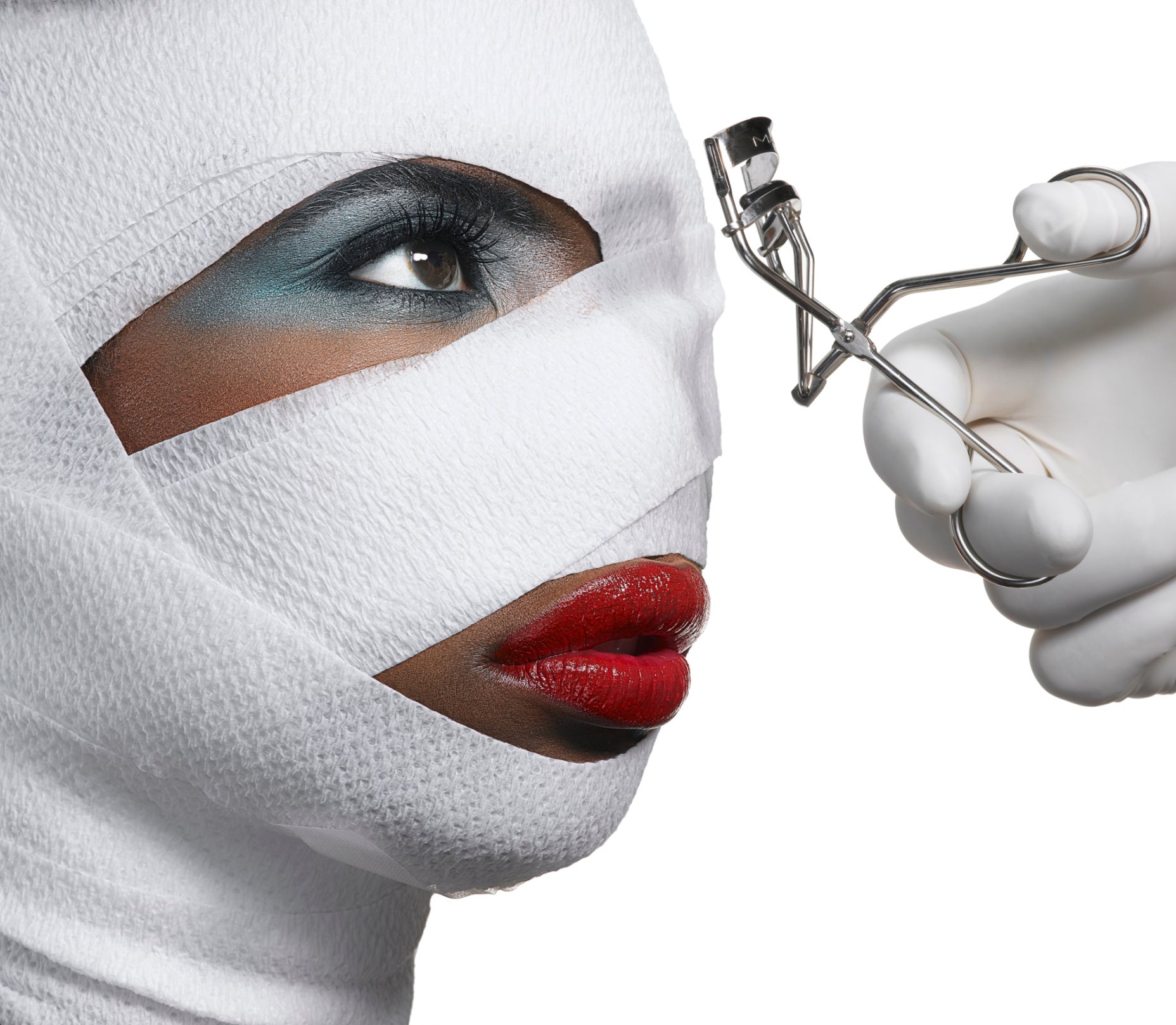
During my freshman year of college, a male friend asked me via text one evening if I thought I was beautiful. It seemed an unusual question to pose and so it gave me a moment of pause, not because I was unsure, but rather because my answer made me feel guilty and a little vain. “Yes, I’m beautiful,” I answered, and quickly followed it by stating that answering otherwise would imply that I didn’t find my mother beautiful—that I considered her genes to be flawed or lack luster in some way resulting in my dissatisfaction with my appearance. While I believed that statement to be true, I found it troublesome that I had to justify my thoughts with a safe “if, then” scenario.
In an interview with TODAY, Northwestern Psychology professor, Renee Engein, addressed the issue of mixed messages, which dictate what is acceptable and desirable for women stating, “We still live in a world that isn’t quite comfortable with women who [do] acknowledge their worth.” In an age of transparency and authenticity, and with the advent of the selfie, social media has proven to be bilateral in its effects— encouraging women to claim and flaunt their beauty, but equally discouraging as the face of beauty has morphed into something that is becoming increasingly more difficult to achieve.
Somewhere during the transition from dark room SLR film to digital cameras, beauty lost its way. And thought the concept of beauty has always been framed by men from a point of authority and possession, beauty in its most perfect form has become a paradoxical concept fashioned after that which is created by a filter or cosmetic surgery—digital or otherwise. While society has always used beauty as a tool for critique and treated it as a private gentleman’s club—elite territory reserved for men’s folly where women are sex objects that are bid on for pleasure—some women still accept this as the norm and vie for entry, though everyone is not granted access because not everyone possesses a beauty that is delicate, diaphanous or traditional.
The crux of social media is its ability to deceive. Once upon a time, print and television outlets were reserved for the uncharacteristically beautiful—or who those who had access to professional airbrushing and teams of people who made them appear perfect. Today, the tools for beauty are no longer limited to makeup, but technology as well. Filter-filled social media and photo manipulation apps have expanded that once limited pool of perfection to everyday people creating a virtual auction block for Millennials and Gen Zers, where double-taps and likes are used in place of currency. This new man-made beauty is impacting the way that women view themselves. In a recent Dove #SpeakBeautiful campaign, a study revealed that “82% of women feel that imposed beauty standards are unrealistic.”
In lieu of Donald Trump’s interview with the New York Times in which he stated that supermodel, Heidi Klum, is “no longer a 10,” I asked a few close male counterparts about their qualifications for a “10.” Of the many answers that I received, one stood out in particular, “The perfect 10 doesn’t wake up as a 10; she wakes up as a solid 7 or 8. Social media has changed the game,” stated 27-year-old music industry professional, Trevor Washington*. While this statement is interesting for a number of reasons—namely the judgment of women based on a point system—it is equally intriguing because social media has played a role in altering beauty standards for some modern men. This should not come as a surprise considering that a recent study revealed that the average millennial spends “18 hours a day consuming media, 5.4 of which are spent on social media.”
In January of last year, The Renfrew Foundation Center conducted an online survey of 1,710 millennial men and women and found that nearly 48% of those who post photos to social media sites enhance their looks. Seventy percent of women admit to photo manipulation— everything from removing blemishes to changing skin color and weight. “All this taking and posting photos has become an obsession of sorts. We feel pressured to edit and alter our images so we look like what we think of as our ‘best selves’ instead of our real selves”, said Adrienne Ressler, Vice President, Professional Development, The Renfrew Center Foundation, and renowned body image expert.
As shallow as Trevor’s* “perfect 10” comment may seem, the thought process behind it is far from unusual. Social media has exacerbated the pressure to fall within traditional standards of beauty i.e, clear skin, proportional body structure and feminine facial features. We’ve acknowledged that beauty is power and social presence is becoming increasingly more prevalent. Since its genesis, Instagram has become much less of a photo diary and much more of a curated experience. We’ve recognized that people often follow lifestyles that they aspire to, which often require beautiful photos. Personally, I use three different apps before posting any picture on my Instagram account, selfie or otherwise. And, while I do not discredit my worth and I still consider myself to be beautiful, were my college friend to pose that same question to me today, my answer may be a little different. Instead of falling back on an “if, then” statement, if was I being completely honest, my answer today may be something along the lines of “Yes, I’m beautiful; but sometimes I like myself more on Instagram.”
*Names have been changed.
Virginia Lowman is the Asst. Digital Beauty Editor for ESSENCE.com, you can follow her here.